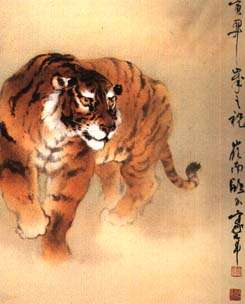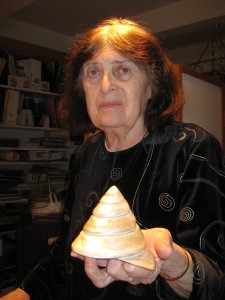directors’s statement
Buddhist masters such as Dogen Zenji (1200-1253) believe that in forgiving we have to just as much forgive ourselves as others – it is a form of unburdening ourselves from the pain of the past – and we are able to become light and free and to move on…
I intuitively feel (and you may agree or disagree) that the theme of this film relates globally and
On a more personal note, one of the key motivators for me trying to tackle this project has been my mother who has had a tremendous influence on me. Later on in her life, she uncovered she was born a Karait. Karaism is characterized by a prophetic passion for individual righteousness and social justice, puritanical zeal and asceticism, yearnings for redemption and uncompromising monotheism.
This film it is an opportunity for me to explore the heritage of our Haimovich family. I feel that I am both an outsider and an insider, which gives me a unique and more objective point-of-view, which I feel is necessary for this film to work on the highest level possible.
I was fortunate to leave Eastern Europe at a very early age and travel the world – my father working as a Ford Foundation consultant, with projects all over Asia and the Middle East. I spend most of my youth in many countries in the region, the longest residency being in India, and I was exposed to many Eastern religions and following in the footsteps of my mother, became fascinated with various mystical practices and systems, which gave me a global perspective and enabled me to break out of the confines of simply the Judeo-Christian systems of thinking and explore many other ways of thought and belief.
My high school years were spend in Europe, primarily England focussing mainly on Art and History, eventually leading to a degree from MIT, where I explored how technology can be harnessed towards art and media — and that is where I discovered film, at first documentary, then drama.
I don’t feel a filmmaker should be a spokesman for any particular point of view – more a mirror for the audience to reflect their thoughts and in the process – hopefully provoke, inspire, and illuminate, but I do feel the power of forgiveness and faith embodied in all religions of the world can serve as a healing force with the potential to bring all of us closer together and make the world a more peaceful place…


